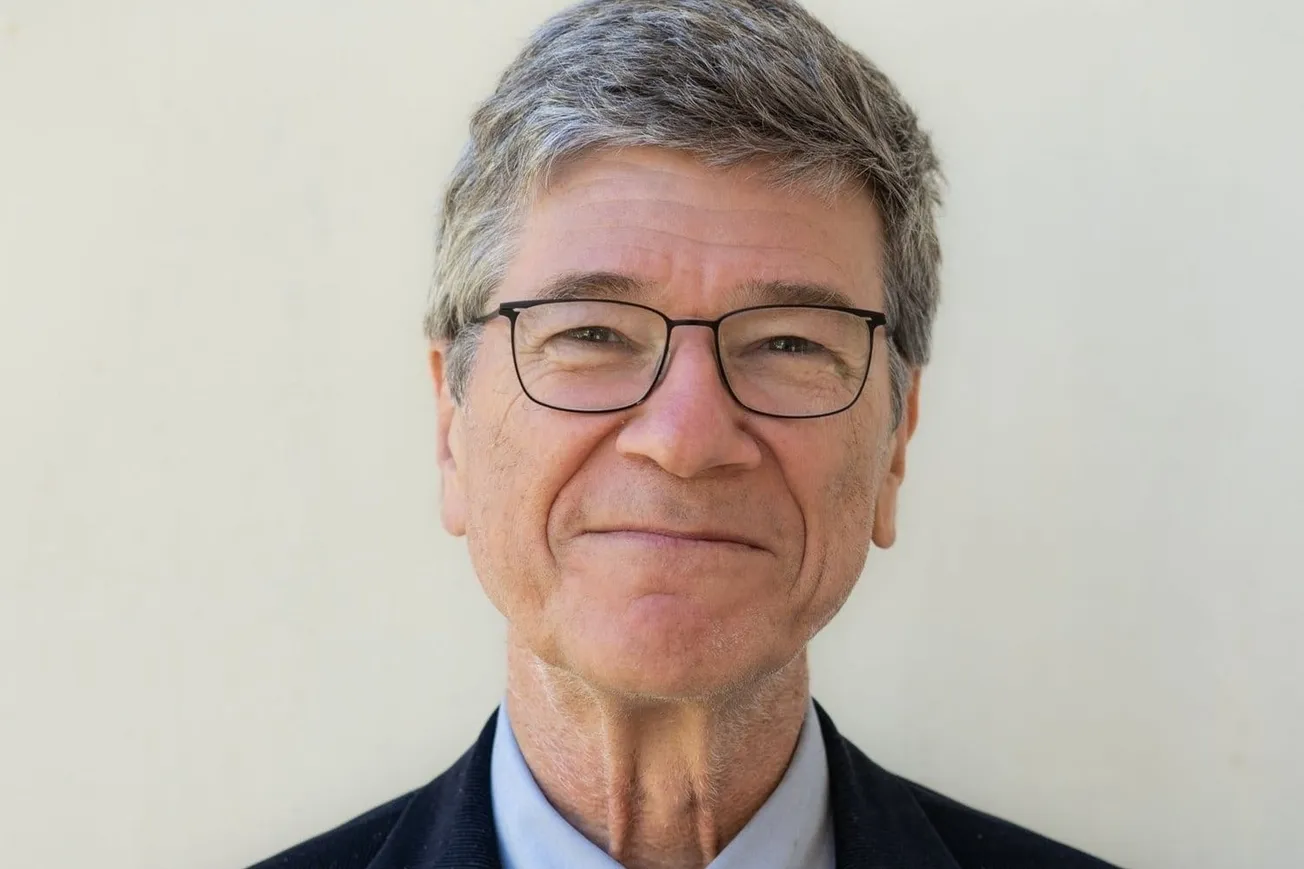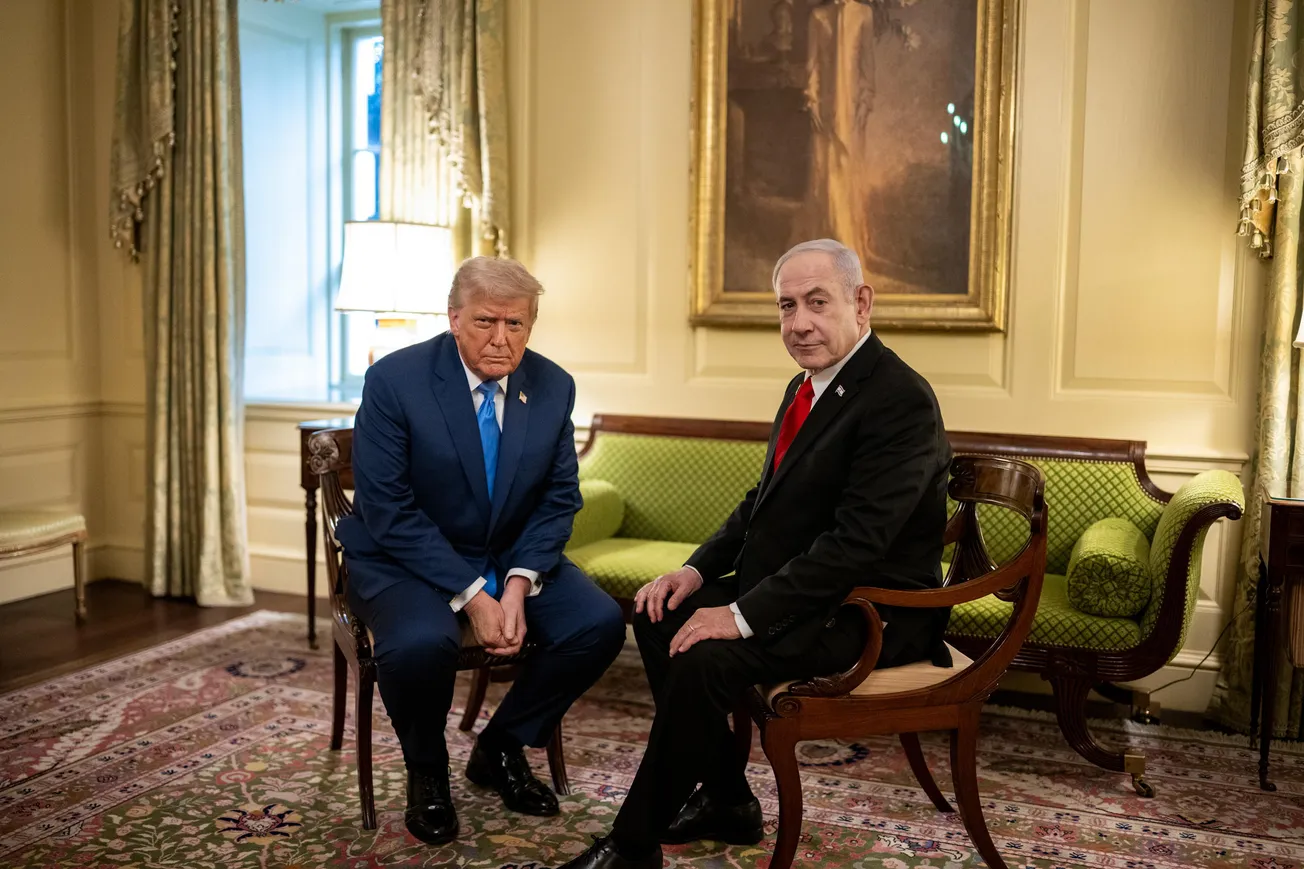Prof. Jeffrey Sachs, in an article published today in Common Dreams under the title “Accusations of U.S. Regime-Change Operations in Pakistan & Bangladesh Warrant UN Attention,” reviews the overwhelming (and public) evidence that the U.S. directly ran the coups against Imran Khan in Pakistan and Sheikh Hasina in Bangladesh, prompting Sachs’s call for the UN to intervene.
Sachs also provides evidence (which back up the accusation by Alexander Mercouris reported in this briefing) that the U.S. was angry that Bangladesh Prime Minister Sheikh Hasina was refusing two U.S. military agreements that Washington demanded. Sachs writes: “Bangladesh had delayed signing two military agreements that the U.S. had pushed very hard since 2022, indeed by none other than the former Under-Secretary of State Victoria Nuland, the neocon hardliner with her own storied history of U.S. regime-change operations. One of the draft agreements, the General Security of Military Information Agreement (GSOMIA), would bind Bangladesh to closer military-to-military cooperation with Washington. The Government of PM Hasina was clearly not enthusiastic to sign it.”
Although Sachs does not report it, it is possible that the other military agreement was the one Mercouris reported—the right to build a U.S. naval base in the Bay of Bengal.
Sachs, therefore, calls on the UN Security Council to investigate the illegal U.S. role in these coups. He then adds: “The U.S. might well exercise its veto in the UN Security Council to prevent such an investigation. In that case, the UN General Assembly can take up the matter, under UN Resolution A/RES/76/, which allows the UN General Assembly to consider an issue blocked by veto in the UN Security Council. The issues at stake could then be assessed by the entire membership of the UN. The veracity of the U.S. involvement in the recent regime changes in Pakistan and Bangladesh could then be objectively analyzed and judged on the evidence, rather than on mere assertions and denials.”
He does not mention the Resolution 377V (“Uniting for Peace”), which allows the General Assembly to take action and intervene if the Security Council fails to act to maintain peace and security, a policy now being promoted by peace activists to stop the Israeli genocide in Gaza.




